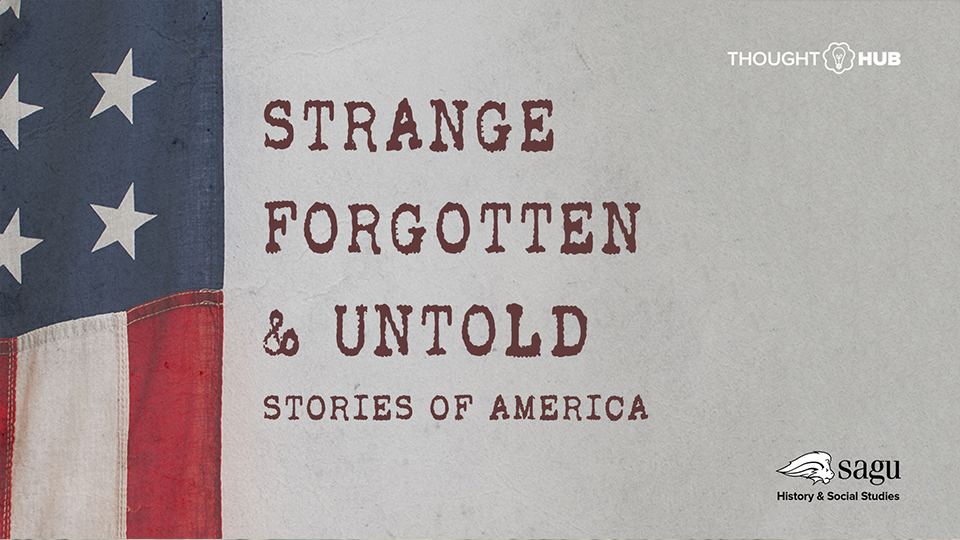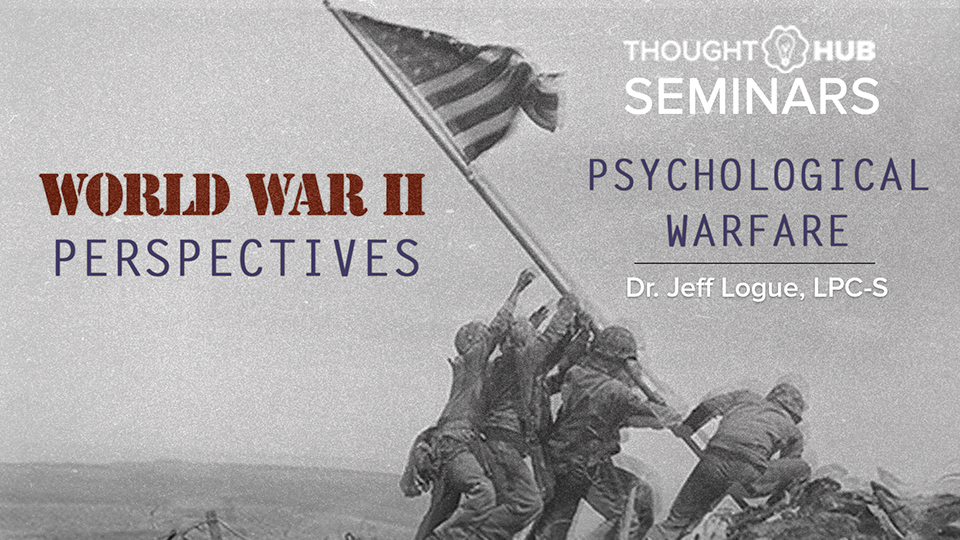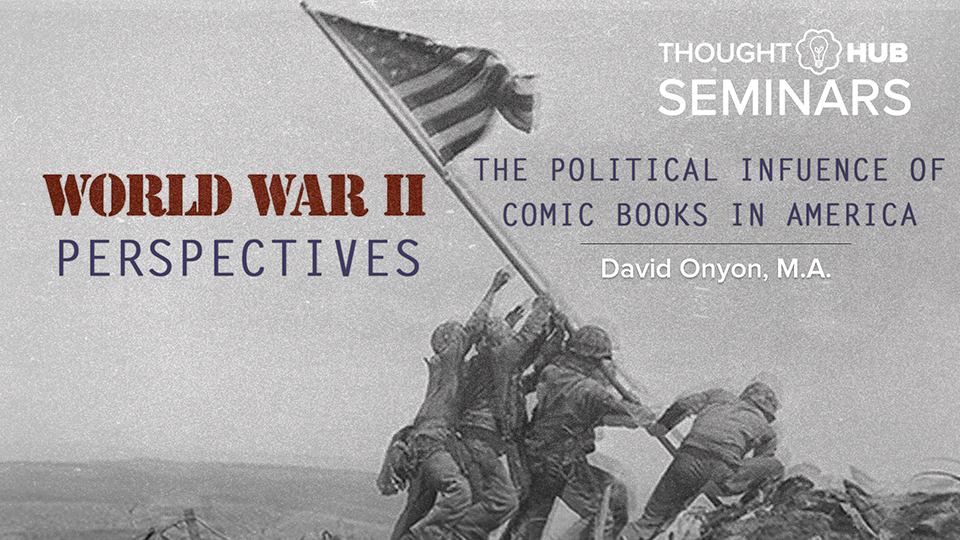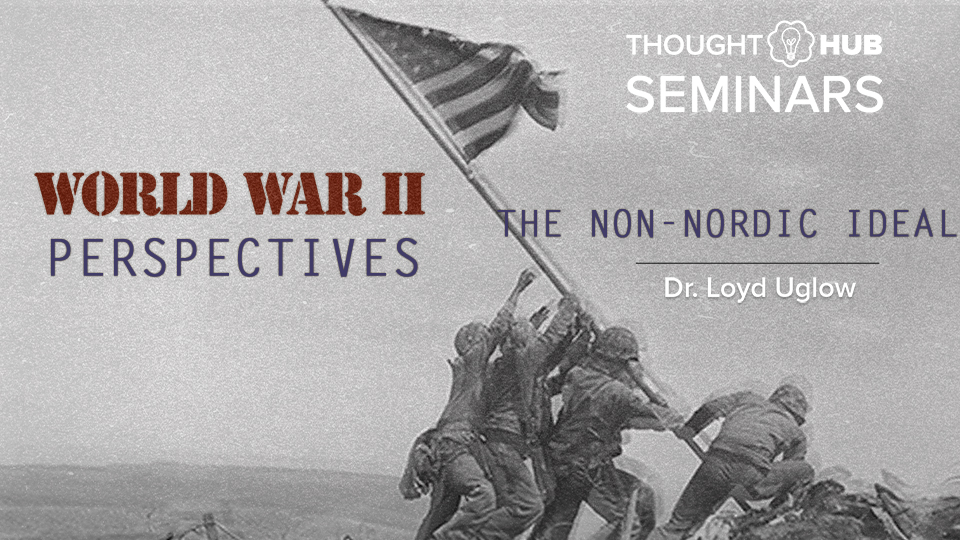Financial stress can affect all facets of life. In some cases, it can even lead to severe anxiety and depression. Fortunately, we don’t have to do it on our own – the Bible has over 2,000 verses about money, wealth, and possessions. In this vlog, Melody Gray Block, Certified Financial Planner and MBA, introduces a few different perspectives on how to adopt a Christ-centered viewpoint on your finances.
When one thinks of jazz, the first instrument that probably comes to mind is a trumpet. Some of the most notorious jazz musicians were trumpet players including the greats such as Myles Davis and Louis Armstrong. But, what about flugelhorn? Many would make the case that jazz legend Clark Terry is to the flugelhorn what Armstrong was to the trumpet. In this video, Dr. Tyrone Block discusses how Terry, known as the father of jazz education, played a critical role in the formation of “America’s classical music.”
How did the sport of hockey affect political history and our nation’s foreign relations? In this vlog, Professor David Onyon, M.A., discusses the impact of the Russian Five-five Russian Hockey stars who broke the mold and risked their lives to play professional hockey in the United States’ National Hockey League following the Cold War.
Are there biblical translations that are less accurate than others? Which translations should we use and which ones should we avoid? In part 2 of this vlog series, Dr. Craig Blomberg continues to share proof of the historical reliability of biblical scripture by expounding on the process of biblical translations. Dr. Blomberg addresses the three major philosophies associated with choosing a biblical translation: form preservation, a direct translation of Greek/Hebrew manuscripts to English, and optimal equivalence.
How do you defend the historical reliability of biblical scripture against individuals who insist on its inaccuracy? How do you respond to those who would question the church’s decision to include or exclude certain books from the biblical canon? In the first installment of this vlog series, Dr. Craig Blomberg addresses these topics by discussing the foundations of their discrediting views including variances in original manuscripts of scripture and the validity of such arguments.
One of the most powerful aspects of warfare is that of psychological manipulation. But, what makes this form of warfare so effective? The power of psychological warfare is the inability to defend yourself against its effect. In this vlog, Dr. Jeff Logue shares how WWII was a vivid example of psychological warfare in the way it was employed by the Axis and Allied Powers to target the moral sentiment of soldiers.
Did you know that comic books were used as propaganda during World War II? While adults were targeted through posters and short films that were shown before movies, American children were targeted through some of our most prominent superheroes to date such as Captain America, Superman, Batman and several others. These superheroes embodied the ideal virtues of American soldiers and demonstrated the courage and resolve needed to fight evil during World War II. In this vlog, David Onyon, SAGU History Professor, discusses how the effort to win WWII went hand-in-hand with comics.
In 1942, the German military was actually stretched so thin across all of Europe that they had no option but to open the doors to non-Germans. But why would non-Germans agree to fight for the Nazi Armies especially when Germans regarded them as an inferior race? How did the Nazis convince men from countries that they had conquered to fight in the German military? In this Thought Hub vlog on WWII Perspectives, Dr. Loyd Uglow discusses the reasoning and tactics behind this unusual turn-of-events in WWII history.
In part 3 of this vlog, Dr. Stephen Meyer, Director of the Discover Institute’s Center for Science and Culture, concludes his discussion regarding the faults in the beliefs of the Neo-Darwinism movement. Speaking from his own published book, “Darwin’s Doubt”, Meyer shares how Neo-Darwinism does not explain the complex genetic circuitry needed to generate life.
In part 2 of this vlog, Dr. Stephen Meyer, Director of the Discover Institute’s Center for Science and Culture, continues discussing the faults in the beliefs of the Neo-Darwinism movement. Speaking from his own published book, “Darwin’s Doubt”, Meyer shares how all biological systems reflect intelligent design and presents four challenges to the creative power of natural selection.








